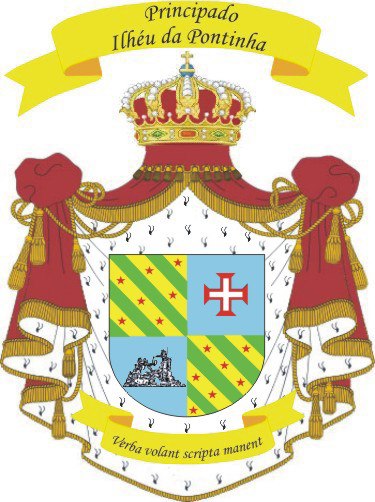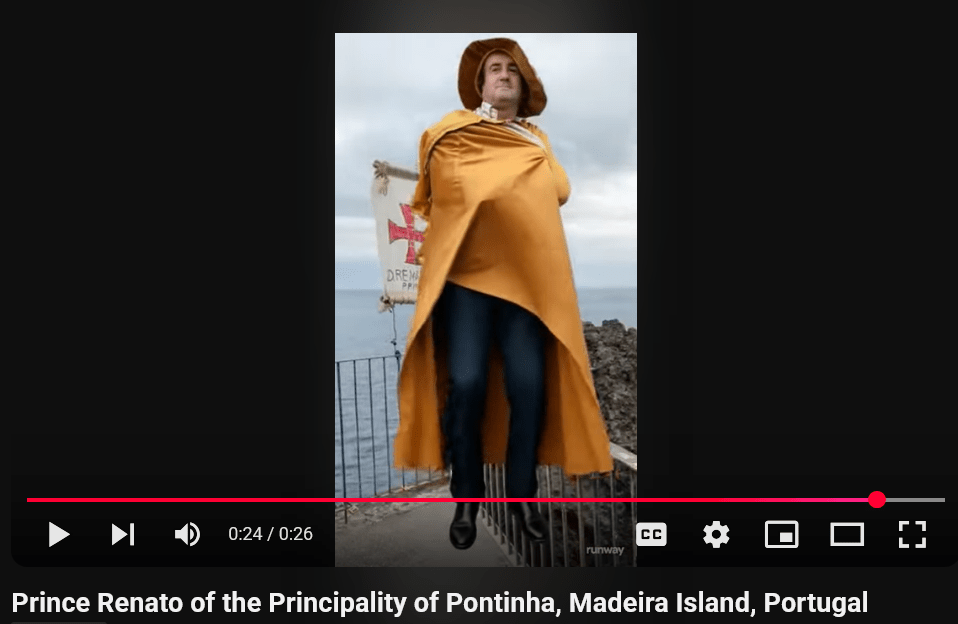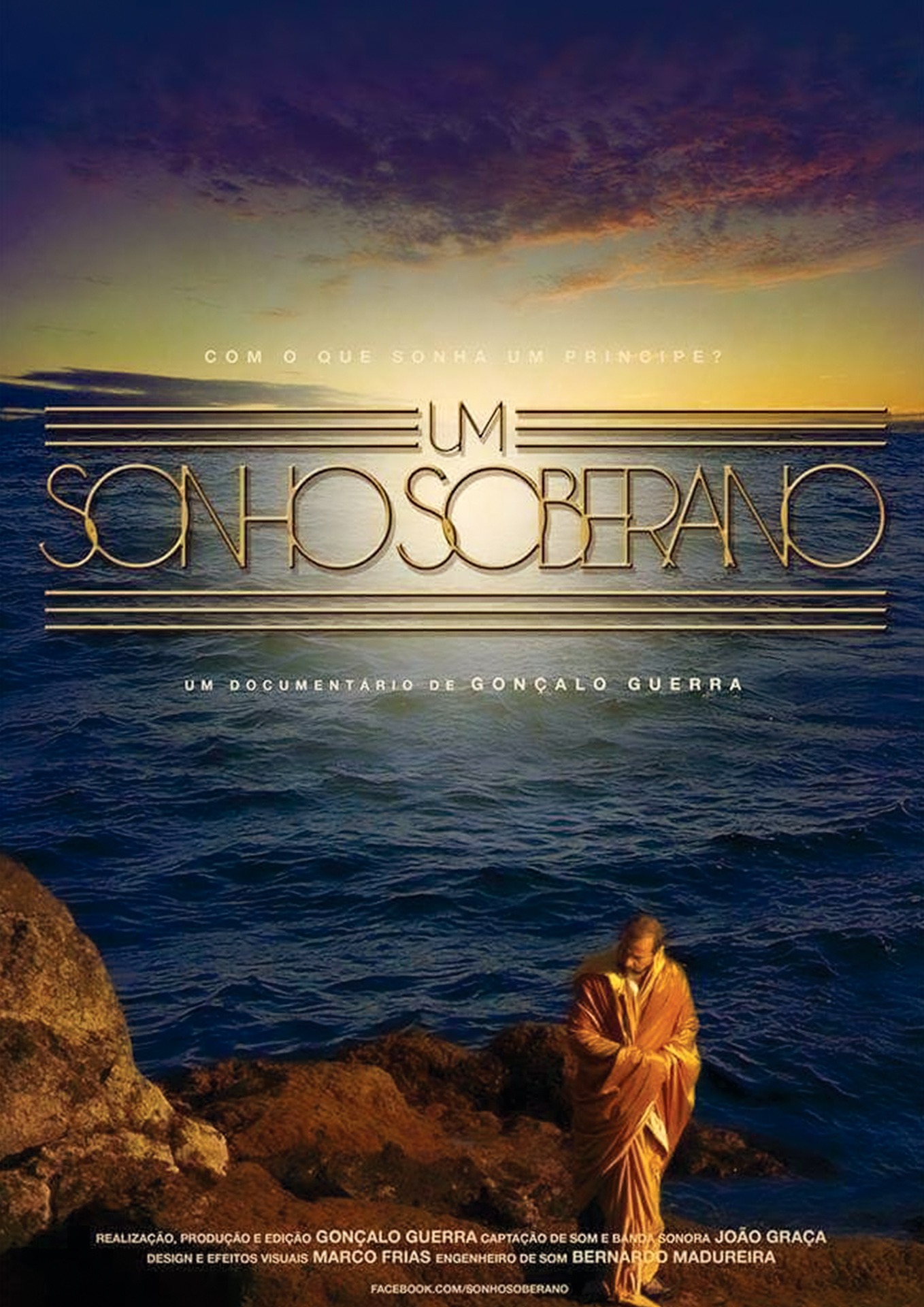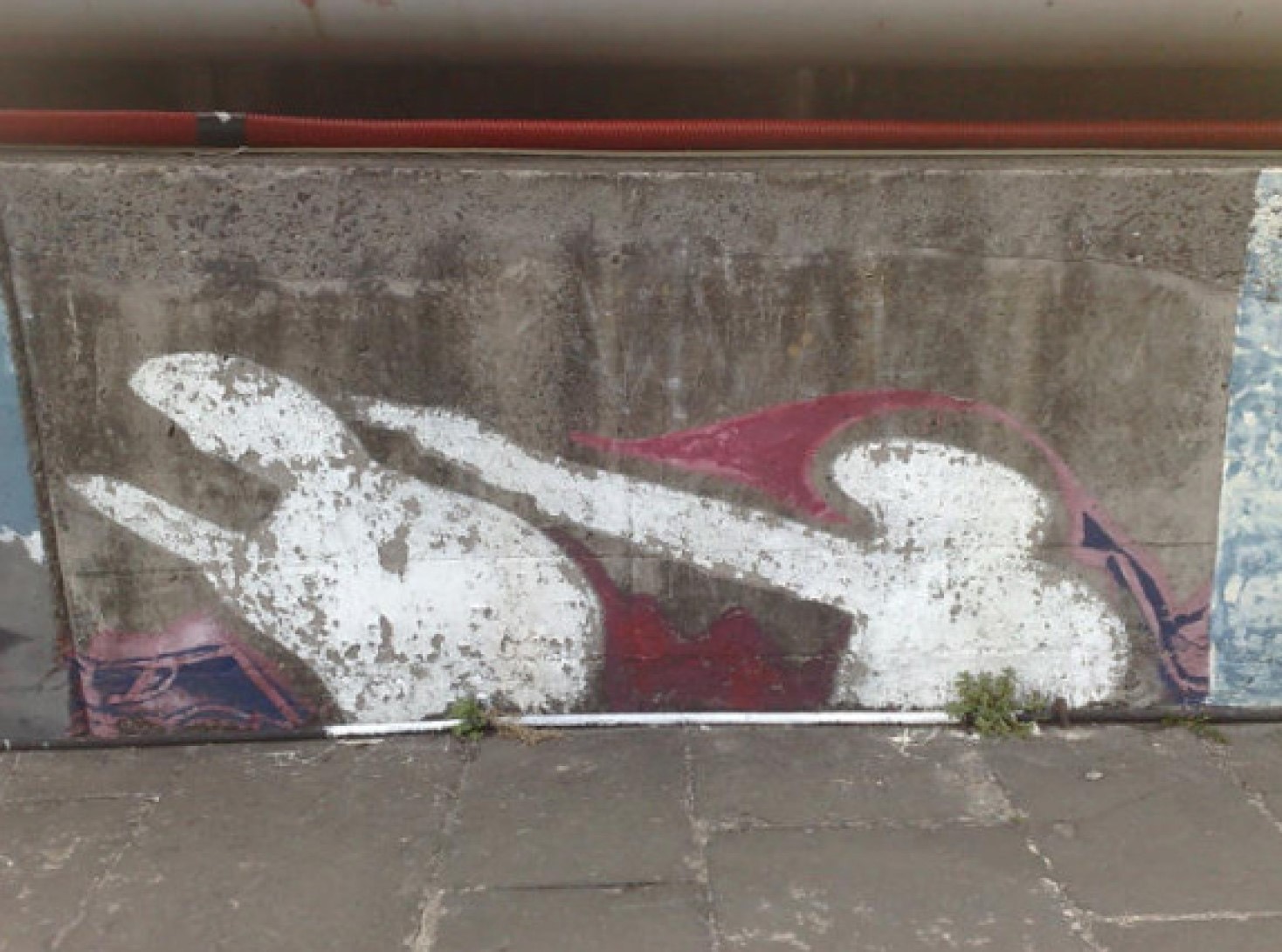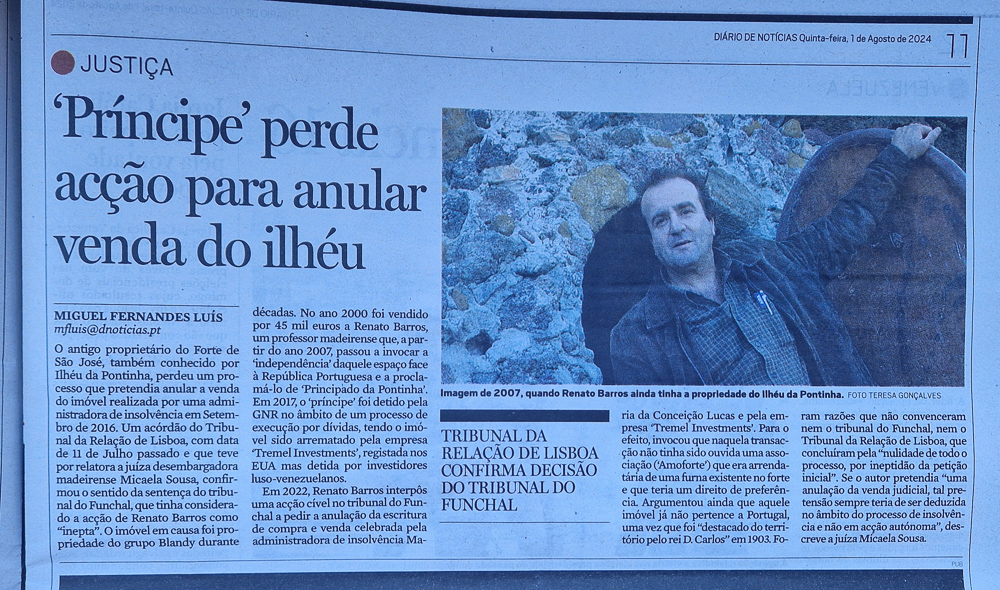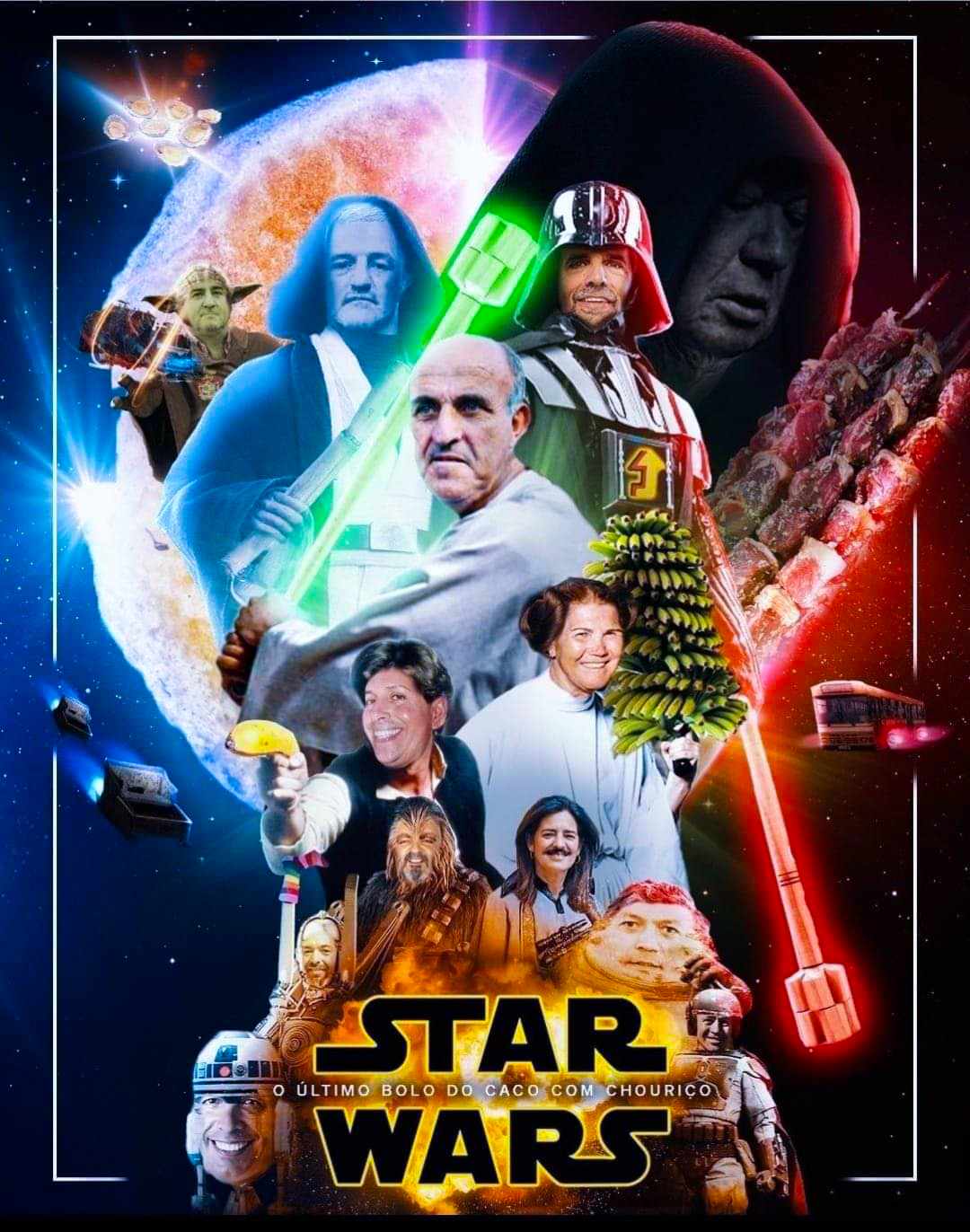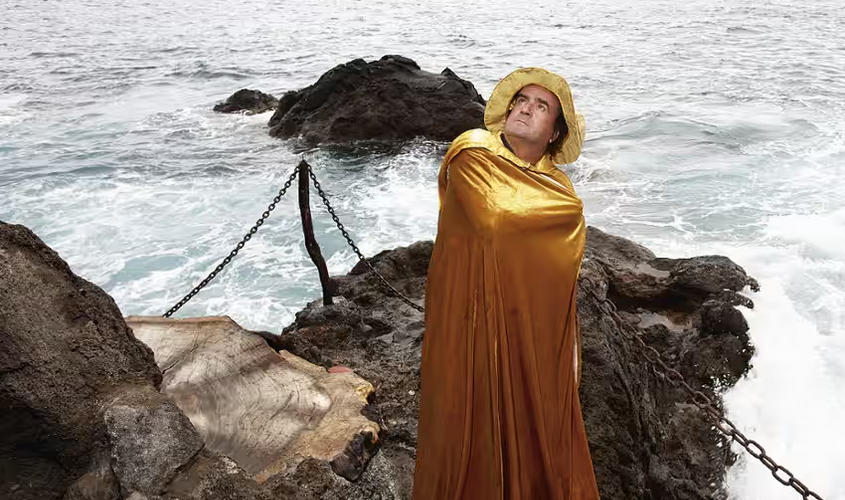
Views: 63
“My son is 27 and, if I were his age, I’d probably sell the island and buy a Ferrari. But I’m 56 and I want to enjoy everything I have.”“
Interview by Jennifer Lucy Allan, the Guardian, Nov 2014:
My father wasn’t a king, he was a taxi driver, but I am a prince – Prince Renato II, from the country of Pontinha, an island fort in the harbour of Funchal. It’s in Madeira, Portugal, where I grew up. It was discovered in 1419; Captain James Cook was here, and there are paintings of his visit.
In 1903, the Portuguese government didn’t have enough money to build a harbour, so the king sold the land to a wealthy British family, the Blandys, producers of Madeira wine. Fourteen years ago, the family decided to sell it for just 25,000 euros (19,500 pounds). It was of no use to them. But nobody wanted to buy it either. I met Blandy at a party and he told me about Pontinha. He asked if I would like to buy the island. Of course I said yes, but I don’t have any money – I’m just an art teacher.
I tried to find some business partners, but they all thought I was crazy for wanting to buy what is essentially a big rock: it has a small cave, a platform at the top and no electricity or running water. So I sold some of my possessions, pooled my savings and bought it. Of course my wife, my family, my friends – they all thought I was mad..;
When the King of Portugal sold the island in 1903, he and all the governors signed a document selling all the island’s “possessions and domains”. This meant that I could do whatever I wanted with it – I could open a restaurant or a cinema, but nobody thought that anyone would want to create a country. That’s what I did: I decided that this would no longer be just a rocky outcrop in Funchal harbour, it would be my island, the size of a one-bedroom house.
When I bought it, I went to see the governor of Madeira. I introduced myself and explained that I was a Madeiran citizen and that I was now also the ruler of his neighbouring state. He immediately asked me to buy my island. Of course I said no. He said that if I didn’t sell it back to the state, he wouldn’t let me connect to electricity. So now, as long as I don’t cause any problems (for example, trying to charge the cruise ships that dock here), they leave me alone. I have a solar panel and a small windmill, and maybe in the future I’ll be able to generate energy from the ocean around Pontinha. I m a pacifist and I don t need money.
I have a Portuguese passport and a Pontinha passport (where my passport number is 0001). There are four of us: me, my wife, my son and my daughter. I’m the policeman, the gardener, everything. I’m whatever I want to be – that’s the dream, isn’t it? If I decide I want to have a national song, I can choose it and I can change it at any time. The same goes for my flag – it can be blue today, red tomorrow. Of course, my power is only absolute here, where I m the real sovereign.
Portugal’s gastronomic speciality is codfish. But now we’re running out of cod in our oceans and we buy it from another country. So my cuisine, my country’s speciality, is take-away.
I don’t live in my country full-time, but I’m there often. My family comes sometimes, and other people come every day because the country is free for tourists to visit; it never closes because of bad weather. Sometimes I’m alone, on the days when I feel most annoyed by the excessive power of the Portuguese state. Sometimes I come here when I’m feeling energised, after a few drinks.
Madeira is surrounded by water, but for some reason we now all have to pay to swim in the sea, in the bathing areas. How did that happen? I still have my island, which means I can come swimming whenever I want – it’s as if someone has given me the key to the waters.
Our lives disappear in an instant. My son is 27 and if I were his age, I’d probably sell the island and buy a Ferrari. But I’m 56 and I want to enjoy everything I have. Pontinha means “a point”. All change in the world starts with something very small, and this is my country – just a small dot.
